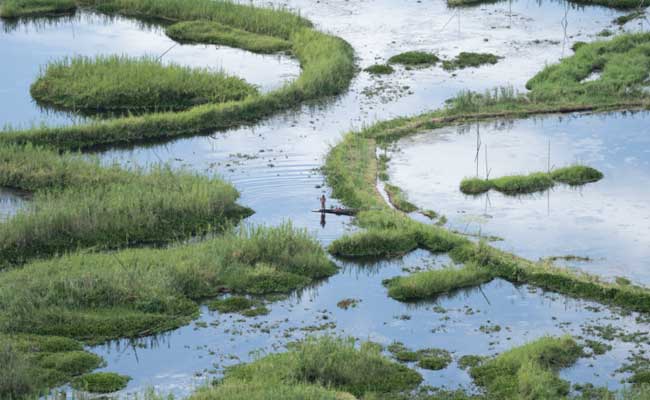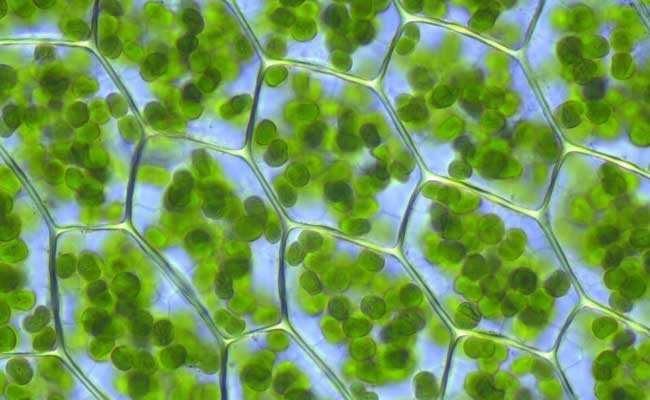Introduction
Wetlands are among the most valuable ecosystems on our planet, providing numerous ecological services that are crucial for our well-being. They play a significant role in water purification and flood control, making them indispensable for the health and sustainability of our environment. In this article, we will explore the importance of wetlands in these two critical aspects, highlighting their significance for both humans and the natural world.
Water Purification
Wetlands act as natural water filters, effectively removing pollutants and improving water quality. They possess the unique ability to trap sediments, nutrients, and other contaminants, preventing them from entering downstream water bodies. The dense vegetation and complex root systems found in wetlands facilitate the removal of excess nutrients such as nitrogen and phosphorus, which are common pollutants in agricultural runoff and wastewater.
Additionally, wetlands serve as breeding grounds for microorganisms and aquatic plants that aid in the breakdown of organic matter. Through a process known as biodegradation, these organisms decompose pollutants, including pesticides and industrial chemicals, thereby purifying the water. The gradual flow of water through wetlands also allows for sedimentation, a process in which particles settle at the bottom, further contributing to water clarity.
The purification capacity of wetlands is of utmost importance, considering the growing concerns over water scarcity and pollution. By serving as natural purifiers, wetlands safeguard the quality of our freshwater resources, ensuring the availability of clean water for both humans and wildlife.
Flood Control
Wetlands act as natural sponges, absorbing excess water during periods of heavy rainfall or flooding. Their unique hydrological characteristics, including their ability to retain and slowly release water, play a vital role in mitigating the impacts of floods. Wetlands act as buffer zones, reducing flood heights and flow velocities by storing water temporarily. This storage capacity helps regulate the water levels in rivers, lakes, and other water bodies, preventing downstream flooding and damage to infrastructure.
The vegetation in wetlands, such as reeds and grasses, also aids in flood control. Their dense root systems stabilize the soil, increasing its capacity to retain water. Wetland vegetation acts as a physical barrier, slowing down the flow of water and reducing erosion. This not only protects the wetland itself but also provides flood protection to surrounding areas.
The role of wetlands in flood control has become increasingly crucial in the face of climate change. Rising sea levels, extreme weather events, and increased rainfall intensity pose significant challenges in managing flood risks. Preserving and restoring wetlands can help buffer these impacts, providing a natural defense mechanism against floods and protecting communities from devastating consequences.
Conclusion
Wetlands are invaluable ecosystems that contribute immensely to water purification and flood control. Their ability to filter and purify water, removing pollutants and excess nutrients, is crucial for maintaining clean and healthy freshwater resources. Additionally, their capacity to absorb and store water helps regulate water levels, reducing the risks and impacts of flooding.
Recognizing the significance of wetlands in these areas is essential for their conservation and sustainable management. Efforts should be made to protect existing wetlands, restore degraded ones, and create new wetlands where appropriate. Promoting awareness about the importance of wetlands and implementing effective policies and regulations can ensure the long-term preservation of these vital ecosystems.
By investing in the conservation of wetlands, we invest in the health of our environment, our water resources, and our communities. The protection of wetlands not only benefits us today but also secures a sustainable future for generations to come. Let us recognize and appreciate the significance of wetlands in water purification and flood control, and work together to ensure their preservation and continued contributions to our planet.
![]()





